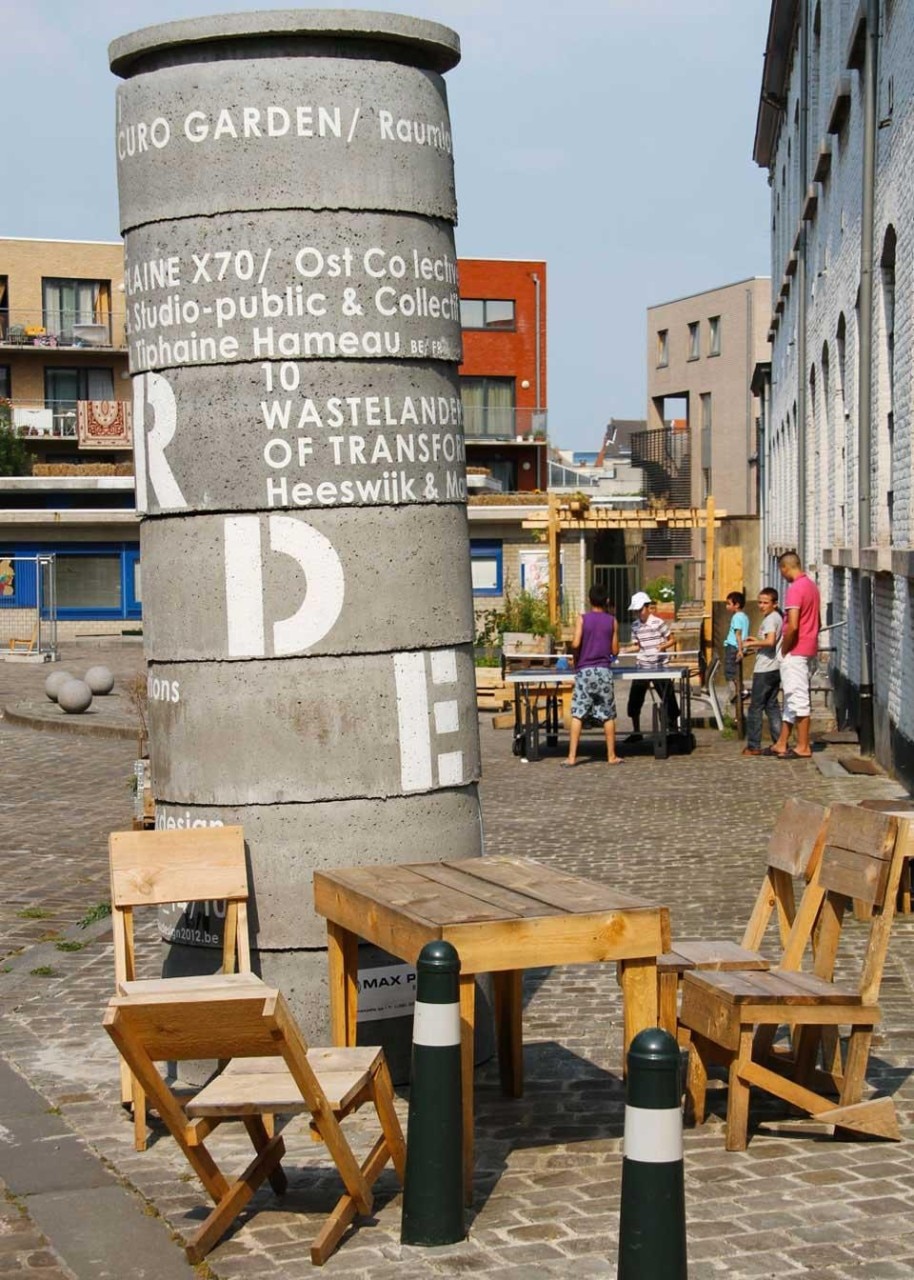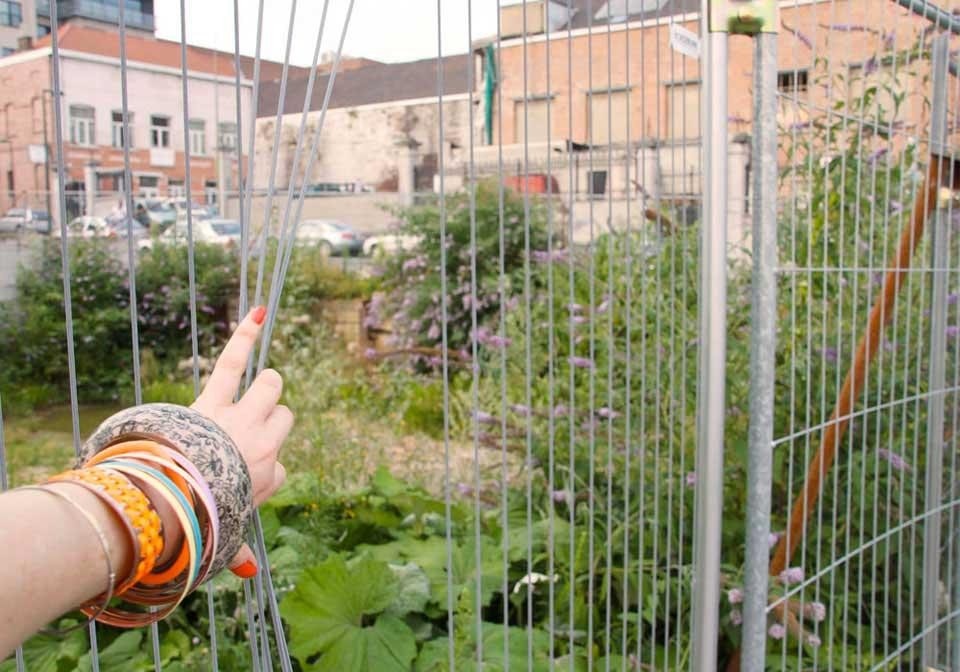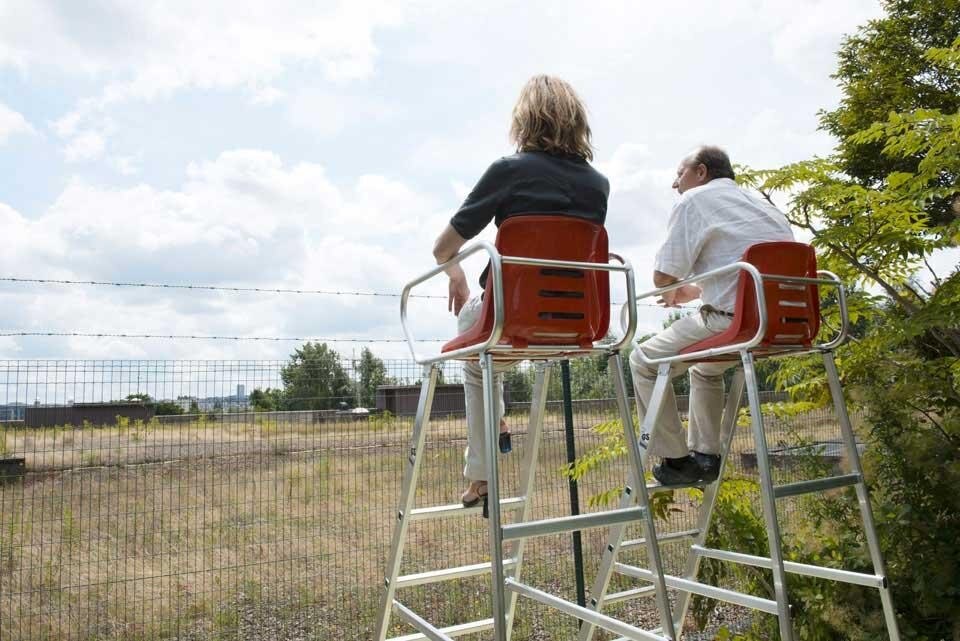That grows to seed; things rank and gross in nature
Possess it merely"
— William Shakespeare, Hamlet, Act I, scene II
The city of Brussels is not the first to credit the garden as a font of drama, intrigue and surprise. References to the garden since biblical times have credited it with a sort of wild culpability that must of course be tamed. The failure to do so, Shakespere's Hamlet maintains, indicates a ruined world, without care, as an unkempt garden signifies disharmony and malfortune. So what do we make of a project that seeks to use these unweeded gardens, not in order to rennovate them, but to introduce an element of surprise to urban life? In the latest edition of Parckdesign, titled "Garden", the dramatic trope becomes a source of excitement, curiousity and potential in what are essentially wastelands, zones urbanes déçues.
In the 2012 edition of Parckdesign, Brussels Environments in cooperation with Architecture Workroom Brussels, Véronique Faucheur and Marc Pouzol, Eric Troussicot, and Karel Martens, invited ten design teams to stage interventions in abandoned and disused spaces throughout the peripheral districts of Cureghem, Anderlect and Molenbeek. The results were not always pretty, but certainly playful and surprising. Borderline by Stéphanie Buttier and Sophie Larger plays with optical illusion by replacing part of the fence around a place with grey cords made of wire, hung to appear as the fence itself. It takes a few moments to understand that this is in fact an invitation rather than an exclusion, inviting us to violate the boundary around a small quadrilateral space and have a look at what lies beyond.
The artists, designers and studios who created the ten interventions responded to a call out asking for ideas to design and exhibit in these spaces, situated in a cut off area spanning each side of the canal and featuring a high concentration of migrants, but also to engage locals with activity and participatory actions.

By staging intellectual interventions, the city invites people to use or participate in these spaces, but also to think about them, to stop their ugliness fading away into a sort of quotidian view, which we just accept as failure, the failture of poverty, of the periphery, politics and each other



